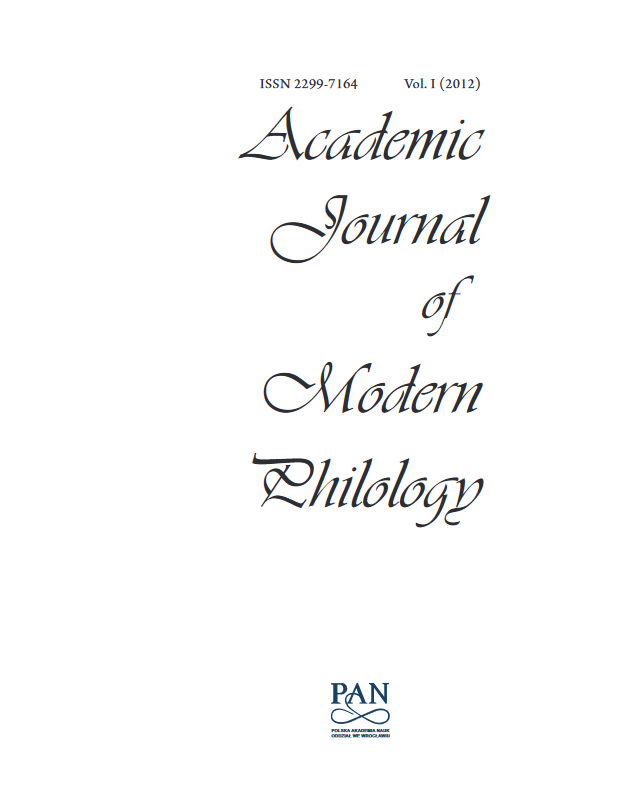Typologia ogólna a typologia historyczna. Wybrane aspekty metodologii
General Typology and Historical Typology. Selected Aspects of Methodology
Author(s): Michail L. KotinSubject(s): Language and Literature Studies, Historical Linguistics, Philology
Published by: Komisja Nauk Filologicznych Oddziału Polskiej Akademii Nauk we Wrocławiu
Keywords: systemic organization; typology; language family; historical studies; comparative method; synchrony; diachrony
Summary/Abstract: The author of this paper seeks to explore certain mechanisms and rules that collate and shape the types of systemic organization of various languages spoken all over the world, which appear irrespective of the degree of geneticrelationship between those languages. The discussed mechanisms are to be divided here into two main groups: the first, which use universal features and are catalogued within contemporary linguistic typology as linguistic universals (see Joseph Greenberg’s linguistic universals) and the second, which use historical – typological features and are a subject of historical – comparative research that aims at discovering the correlation between language changes at different levels of language systems. Both universal features as well as historical – typological features are closely related to one another, hence general typologies may justify particular theories using various types of research methods that examine and evaluate the origins of the language in question. The author tries to prove that typology, being a universal research tool, on the one hand, enables scholars and researchers to reduce or even eliminate discrepancies between synchronic and diachronic perspectives, on the other hand, however, exceeds the limits of interpretations that rely only on the existing relatedness between the languages or their affiliation to the same language family.
Journal: Academic Journal of Modern Philology
- Issue Year: 2012
- Issue No: 1
- Page Range: 57-64
- Page Count: 8
- Language: Polish

